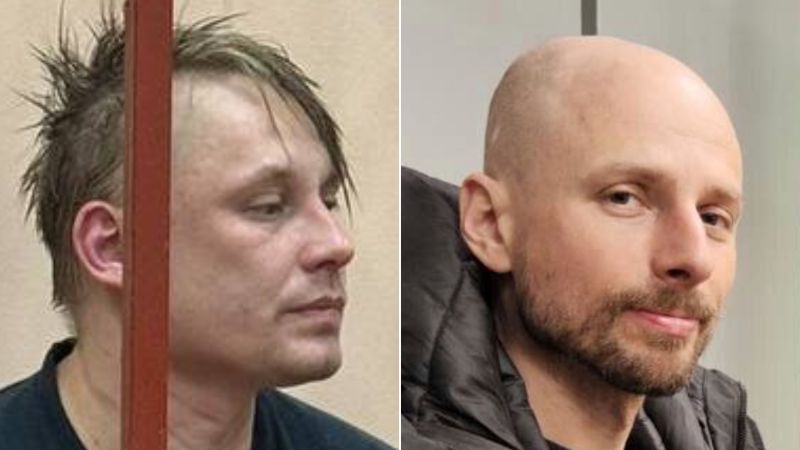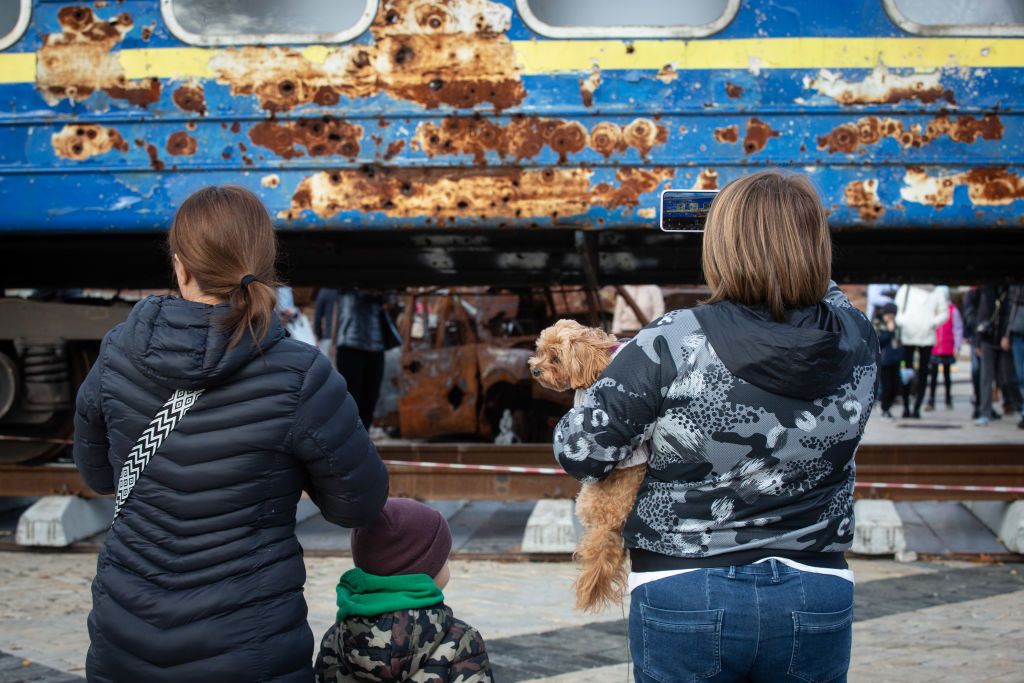
Two Russian journalists, Konstantin Gabov and Sergey Karelin, have been arrested on 'extremism' charges in Russia. Gabov is accused of producing content for NavalnyLIVE, the YouTube channel founded by opposition leader Alexey Navalny. He previously worked for various news outlets including Reuters and Deutsche Welle. Karelin is accused of participation in an extremist organization and has previously worked for The Associated Press and German publication Deutsche Welle. Both journalists' arrests come amid a crackdown on journalists and Kremlin critics, as President Vladimir Putin seeks to stifle dissent more fiercely than before the invasion of Ukraine in February 2022. Independent journalism in Russia is 'absolutely prohibited', according to Sergey Lukashevsky, director of the Andrei Sakharov Center for Human Rights. Photographer Antonina Favorskaya was also detained and accused of taking part in an extremist organization for posting on the Navalny Foundation's social media platforms. Russian-American journalist Alsu Kurmasheva has been in prison since October for not registering as a 'foreign agent'. Wall Street Journal reporter Evan Gershkovich is being held on espionage charges, which he and the US government have denied. A journalist for the Russian edition of Forbes magazine, Sergei Mingazov, has also been detained on charges of spreading false information about the Russian military.
Meanwhile, Ukraine's military intelligence reported that two diesel locomotives have been destroyed in Russia. A diesel locomotive was set on fire in Orenburg and another was destroyed in a fire in Vladikavkaz. While Kyiv has not claimed responsibility for the locomotives' destruction, Ukraine's military intelligence commented that it is 'not a coincidence'.
The arrests of Gabov and Karelin are just the latest moves in Russia's crackdown on dissent. At least six independent journalists were arrested last month for reporting on Navalny's imprisonment and death. The use of anti-extremism laws to prosecute reporters is likely to have a further chilling effect on the few independent journalists still operating in Russia, many of them freelancers or employees of small outlets with few legal protections.
Note: This article does not contain any biased information or logical fallacies. All facts are presented objectively and without bias.


